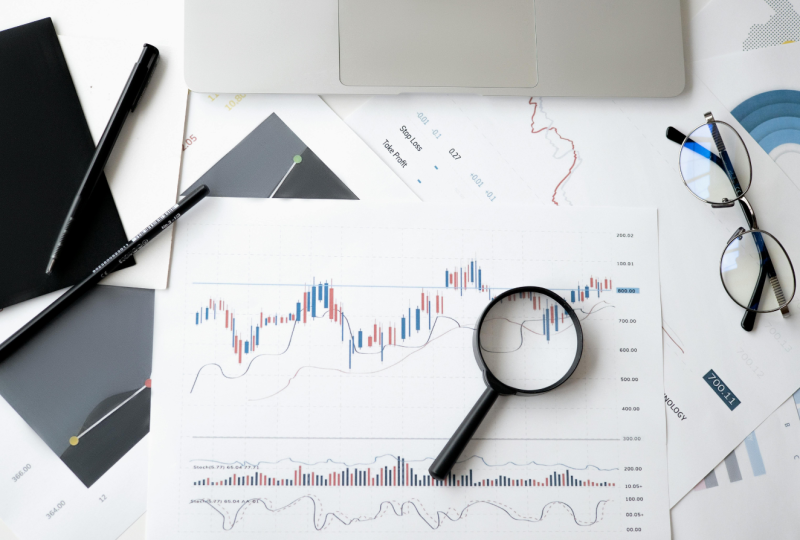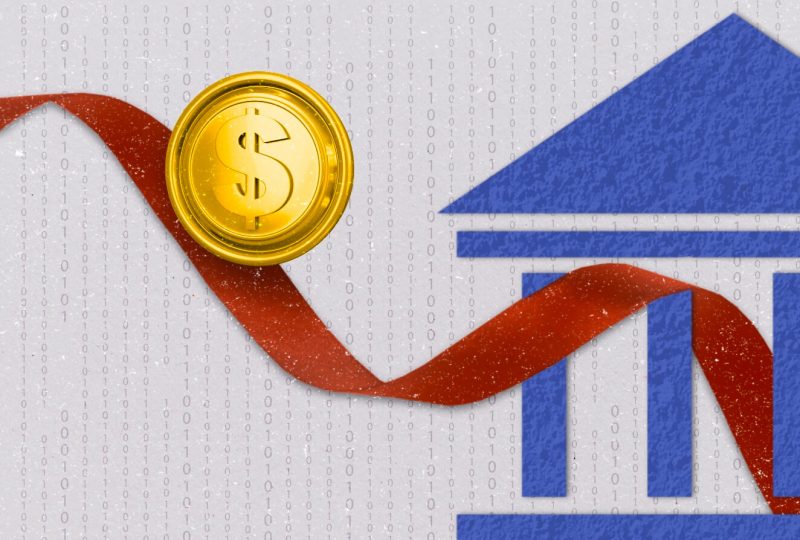As Germany’s Business Confidence Deteriorates, The Euro Slides to July 2020 Lows
Nov 25, 2021

The euro sank on Wednesday as a poll revealed that German business confidence declined in November, while the Turkish currency stayed under pressure as President Tayyip Erdogan supported interest rate cuts despite rising inflation.
According to the Ifo institute, German business confidence deteriorated for the fifth month in a row as supply issues in production and a surge in coronavirus cases clouded Germany's economic prospects.
The euro was down 0.3 percent at $1.1216 at 1145 GMT, close to its lowest point of $1.1203 since early July 2020, which was reached in previous London trade.
The implied euro volatility for the next month has reached its highest point since January.
Jeremy Stretch, head of G10 FX strategy at CIBC, described the euro as being on the verge of breaking through $1.1190 due to falling business expectations amid COVID cases' risk of increased levels of German limitations.
Analysts believe the euro would drop more if Germany applies further COVID-19 limitations following Austria's reintroduction of a complete shutdown.
Chancellor Angela Merkel summoned the leaders of the Social Democrats, Greens, and Free Democrats on Tuesday to address the epidemic as she prepares to give over power to a new coalition of Social Democrats, Greens, and Free Democrats. Nearly 67,000 new coronavirus cases were reported in Germany.
Meanwhile, the battered Turkish lira recovered after reaching an all-time low of 13.45 against the US dollar on Tuesday, when it plunged about 15% on the day as Erdogan supported recent monetary easing.
Those advocating for action to stem the currency's collapse, which has reached 11 consecutive sessions of record lows, have received significant condemnation.
Given the strong inflation rate, Berenberg FX trader Moritz Paysen believes the low-interest rate policy is fairly unconventional.
The US dollar rose more on fresh expectations that the Federal Reserve will raise interest rates to manage inflation.
The index increased 0.2 percent to 96.680 after hitting a new 16-month peak of 96.758 ahead of the minutes of the November Federal Reserve Open Market Committee (FOMC) meeting and following a spike after the Fed chair Jerome Powell's re-nomination.
The dollar has risen to heights not seen since 2017, reaching 115.23 against the yen tonight.
Although the FOMC meeting minutes are not relevant as the meeting took place before the inflation statistics showed a jump in US prices, it will still be interesting to see how far the hawks and doves diverge, says ING, even if it was before the consideration of faster cuts and more rapid tightening.
A spate of US statistics, featuring unemployment claims, growth, and the Fed's preferred inflation gauge, is due later Wednesday, ahead of the Thanksgiving break on Thursday.
During the whole quiet Asian session, the New Zealand dollar was the most active currency. As of last night, it dropped 0.65% to $0.6908 after the Reserve Bank of New Zealand hiked rates less than expected.




